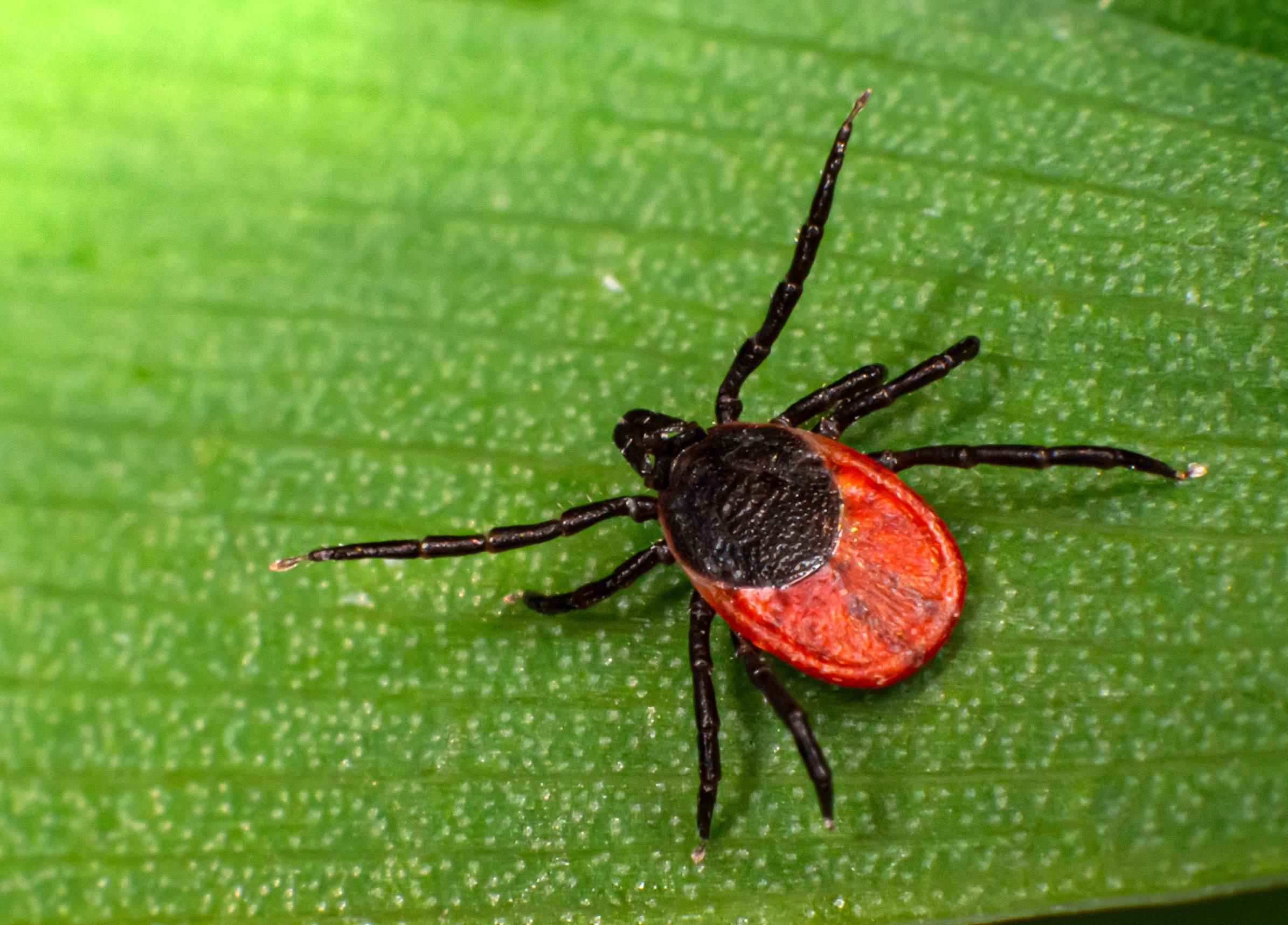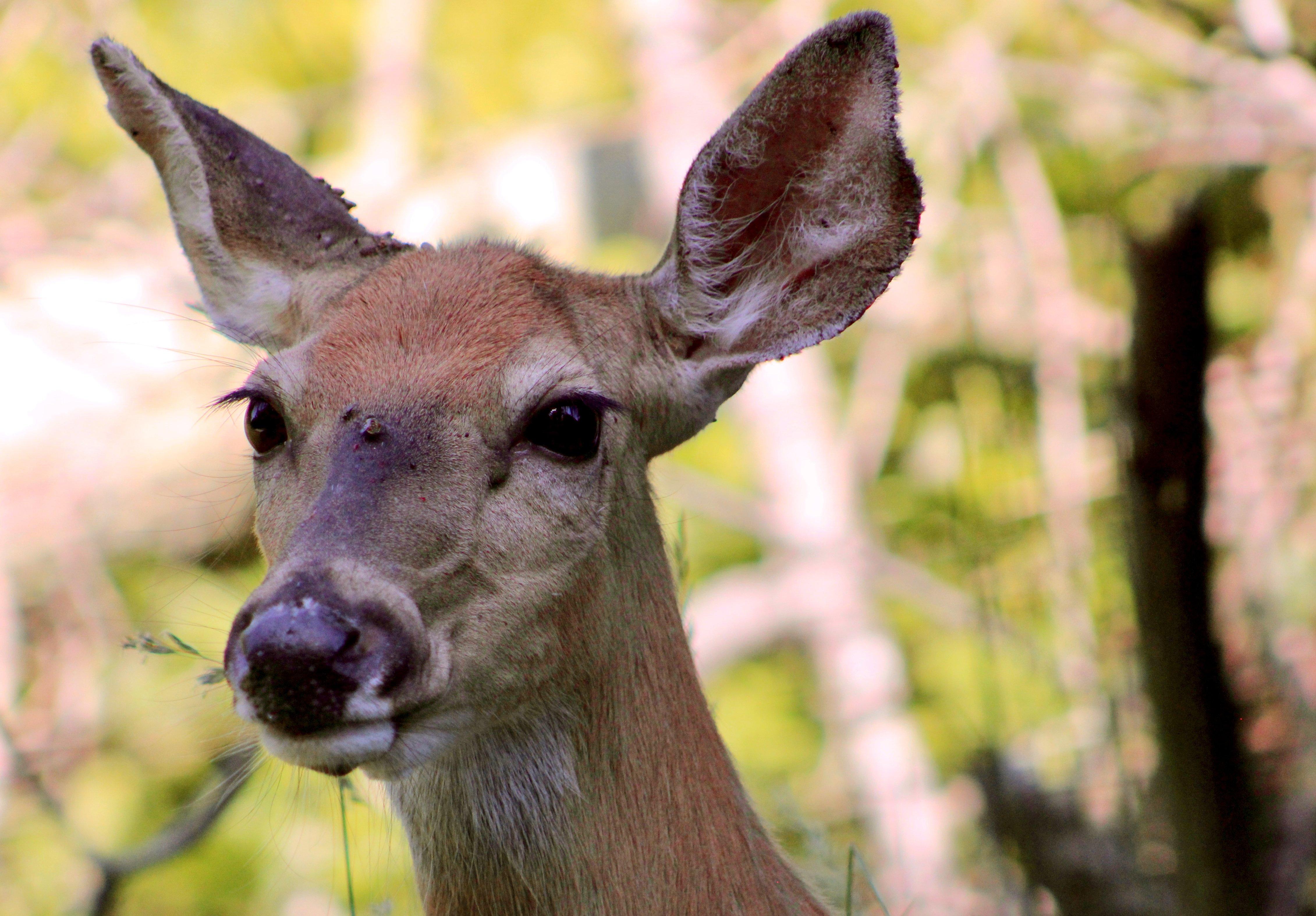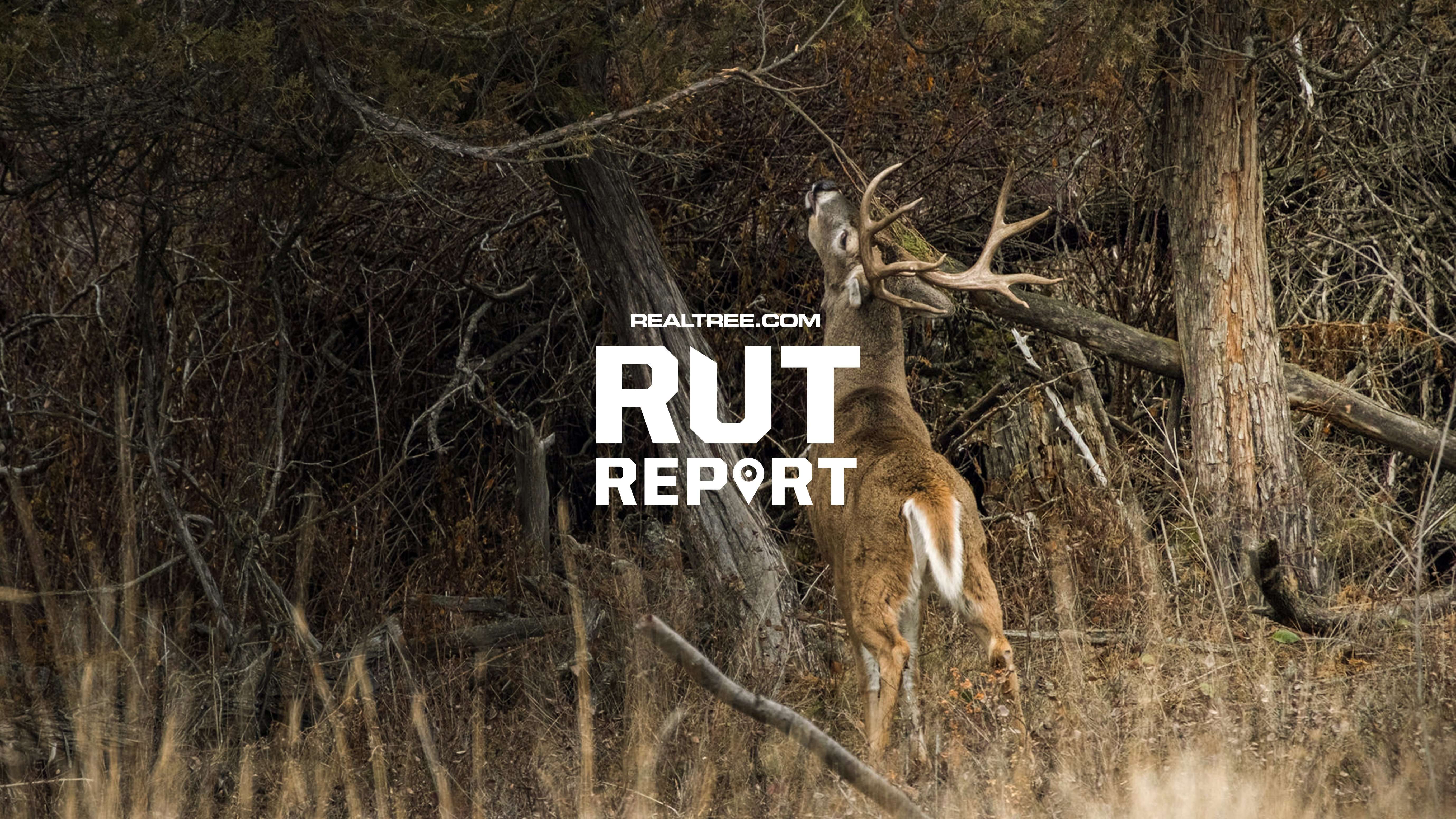New research suggests that ticks can carry and transmit this deadly deer disease

Deer ticks can carry transmissible amounts of CWD prions. Image by Erik Karits
It’s long been known that ticks can spread blood-borne diseases. Consider Lyme disease, for example. According to most studies, in Wisconsin, about two in five black-legged ticks (that is, deer ticks) carry it.
Wisconsin is also home to one of the most rampant areas of chronic wasting disease. And the latest research shows that deer ticks also carry transmissible volumes of the misfolded proteins that cause CWD.
The news broke after revelations from work conducted at University of Wisconsin-Madison. Heather Inzalaco is a researcher with the Wisconsin Cooperative Wildlife Research Unit in the Department of Forest and Wildlife Ecology. She and her team tested ticks to determine if they carried CWD prions, and if so, the volume of which they did.
The study did not test to determine if deer ticks can spread CWD to other deer. Studies regarding that are forthcoming. It will be interesting to know if that’s possible. Theoretically, it seems plausible.
Given the social nature of whitetails, Inzalaco believes it’s possible that ticks pose a serious risk. According to The Journal Times, she didn’t mince words about it.

Ticks create real problems for whitetails. Image by Jaclyn Vernace
“Our study shows the potential risk that ticks feeding on CWD-positive deer present to healthy deer, given social-grooming behaviors of deer,” Inzalaco said. “In our study, we provide an estimate of infectivity of ticks if a healthy deer were to consume one that is feeding on a deer with CWD. Based on our calculations and the samples we analyzed, ticks may present a risk of transmission of CWD in this capacity. They’re just like a little CWD Tic Tac that are possibly being eaten by the deer.”
Given that deer ticks have a two- to three-year life cycle, it increases the likelihood they will carry and spread CWD. Of course, deer ticks don’t feed once and die. In fact, they can intake up to three blood meals during that period. Not only that, but when they’re attached to a host and that host relocates, it can help carry CWD prions into new areas, even if the tick doesn’t transmit it directly to that host. After the tick departs from the host and dies, those CWD prions are in the soil.
Interestingly, according to research findings published in Nature, ticks also excrete CWD prions, too. And as previous research has established, plants uptake CWD prions, which can then be consumed when eaten by a deer.
Research has not yet extended to other tick species, such as dog ticks, wood ticks, or lone star ticks. It’s expected these tick species might also carry and spread the disease.
Don’t Miss: WATCH A BUCK’S ANTLERS GROW












